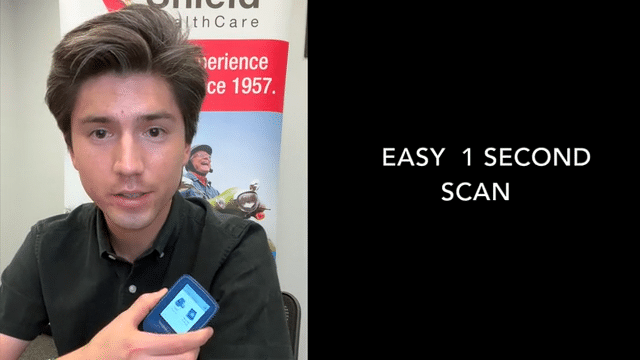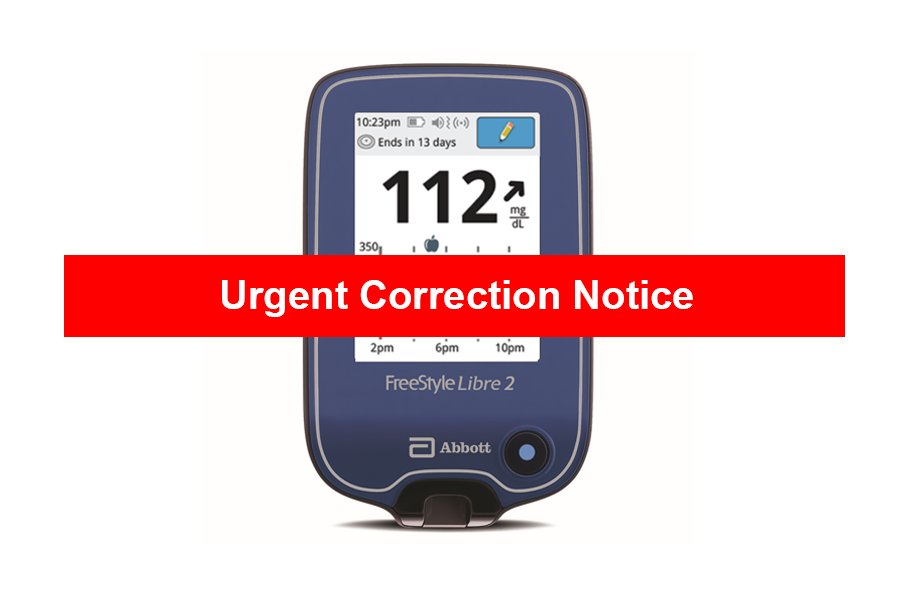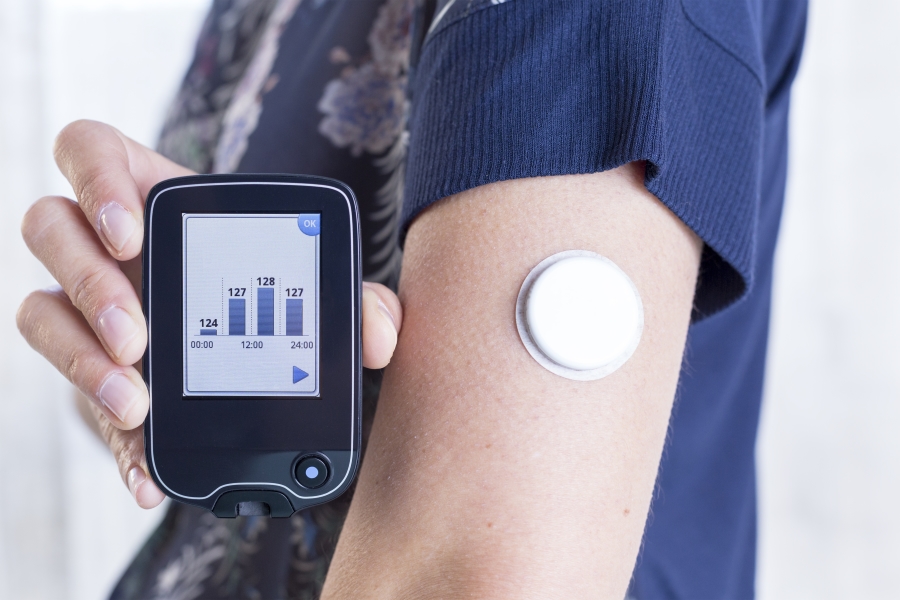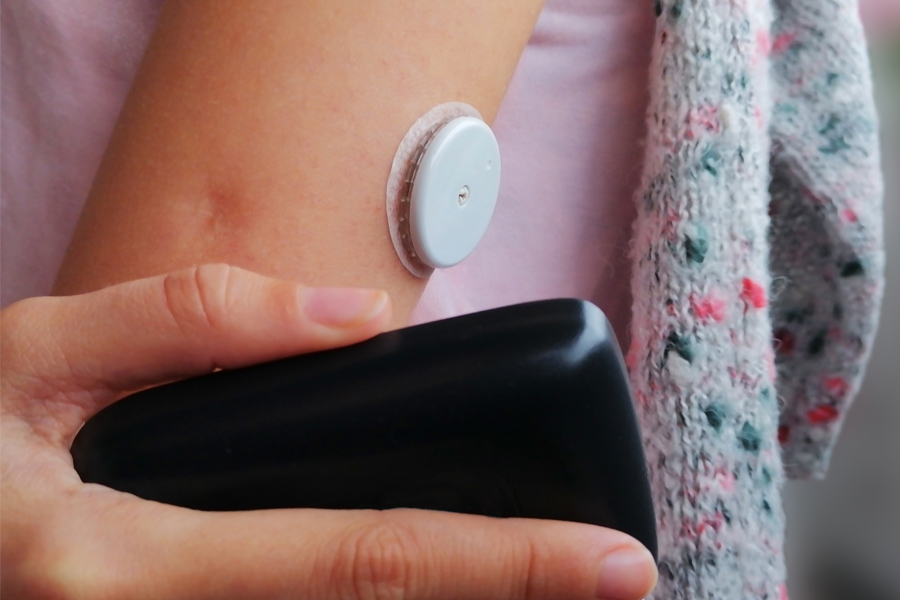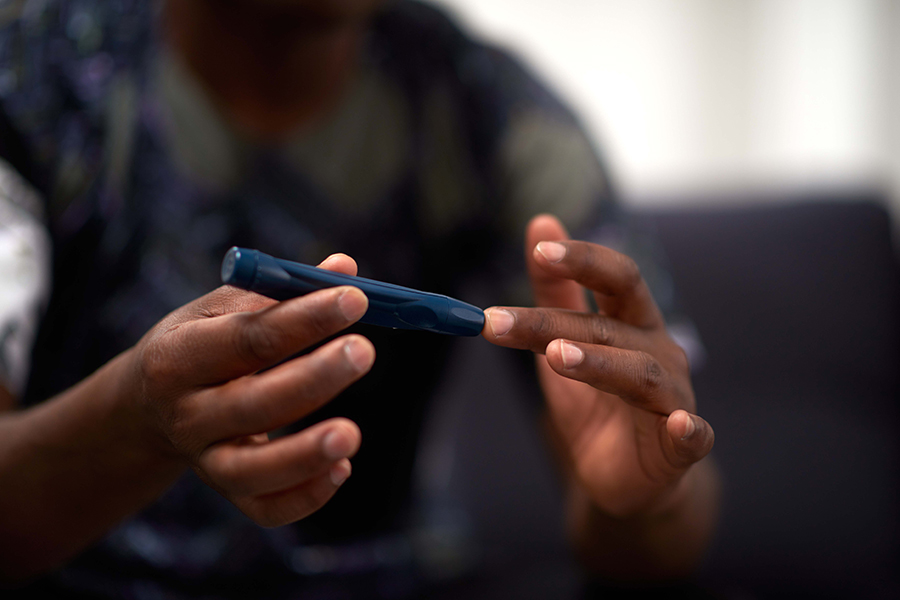Updated February 11, 2020
Whether you have just been diagnosed or have been living with the condition for some time, managing diabetes may seem like a tall order. Use these tips as a guide to finding a lifestyle that works best for you. Learn why it is important to closely consult your medical team, follow their treatment plan and discover what else may help you manage your diabetes.
Tip 1: Check Your Blood Sugar Consistently
Tip 2: Exercise Regularly
Tip 3: Eat Healthy
When it comes to managing your blood sugar, eating healthy is essential but can also be confusing. Regardless of diagnosis, everyone is different and may respond differently to fad diets. When fine-tuning your diet remember to:
- Focus on
- Fruits
- Vegetables
- Lean proteins and fish
- Whole grains
- Legumes
- Low-fat dairy products
- Good fats (avocado, nuts, olive oil)
- Limit
- Saturated and trans fat
- Cholesterol (high-fat dairy, organ meats, egg yolks)
- Sodium
If you are unsure where to begin, meet with a Registered Dietitian to discuss what a eating healthy will look like for you.
Tip 4: Take Care of Your Heart
Tip 5: Take Your Medicine as Prescribed
Medications and insulin prescribed to treat diabetes can vary case-to-case. Oral medications can be prescribed to lower blood sugar. Make sure you discuss all prescriptions thoroughly with your doctor and pharmacist to understand how these medications work and when to take them. For best results follow your doctor’s orders everyday.
Depending on your specific case, you may also be prescribed insulin. Even though insulin is a hormone our bodies naturally make, there can be complications in the process. Those with type 1 diabetes need insulin because their bodies are unable to produce what is needed. And patients with type 2 diabetes may need insulin because their body loses the ability to use it properly. There are many different types of insulin and your doctor will find what works best for you. Like any other prescribed medication, for best results and disease management, it is important to follow doctor’s orders everyday.
Tip 6: Take Care of Your Feet
Tip 7: Take Care of Your Teeth
Tip 8: Manage Stress
Dealing with a chronic disease can be stressful…especially when combined with everyday concerns and responsibilities. Take actions to decrease your stress. For example:
- Take up a hobby
- Get your body moving (yoga, walking, other exercise)
- Meditate
- Get enough sleep









